The Skeptic’s Toolbox - August 7-10, 2014 - Eugene, OR
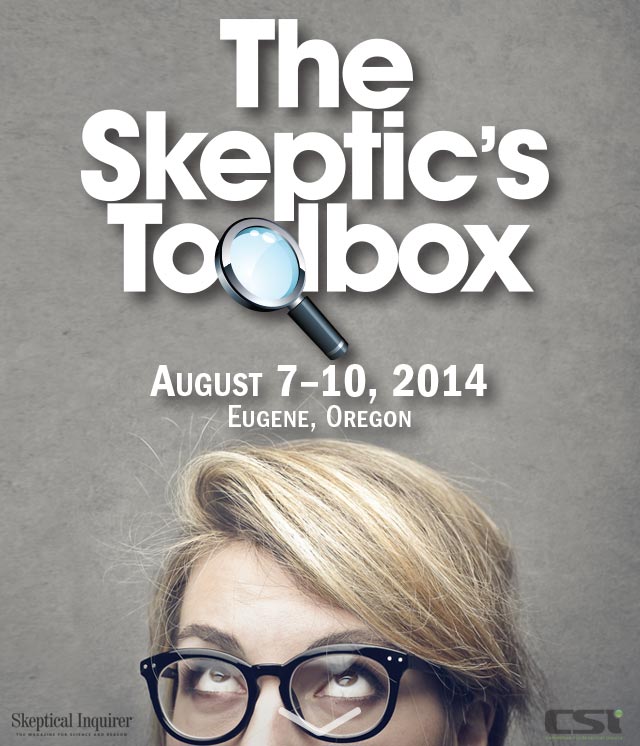

Effective skeptical thinking relies, in part, on applying knowledge of previous cases to cope with current problems.
An adequate skeptic’s toolbox requires a stock of exemplary cases, each of which provides important lessons for dealing with dubious claims. These model cases must be correctly analyzed and their import should be clear.
Cases that have been badly evaluated or misunderstood can muddle your approach to new claims.
Our plan is to have teams of participants apply lessons derived from classic and model cases discussed by the faculty to other cases that bear some similarity to one or more of these models.
James Alcock:
Three Model Cases of Pseudoscience
N-Rays, Cold Fusion, Schmidt’s PK research.
Lindsay Beyerstein:
Models of Journalistic Misinformation and Hoaxes
Not so long ago, we got our news about the world from our
local newspaper and from three broadcast networks. Now we have
been catapulted into an age of 24/7 newscasts, social media,
podcasts, tweets, etc. This abundance of information, whatever
its advantages, has exacerbated the spread of misinformation
about such matters as climate change, vaccination, health and
medical issues, science, etc. It has affected every aspect of
our lives. Analysis of some classic cases from the past may
provide some models for coping with the current flood of
misinformation.
Harriet Hall:
Lessons from Some Classic Medical Cases
An assortment of medical cases, each pointing to a useful
lesson.
Ray Hyman:
Two Model Cases: One Positive and One Negative
Oskar Pfungst’s investigation of Clever Hans (a positive
case) applied to the case of Lady Wonder.
Russel Targ’s remote viewing experiment with Pat Price
(a negative case)
Loren Pankratz:
Going Back to the Ancient Greek Oracles for Lessons on
Coping with Dubious Claims
How an eighteenth century French scientist used the Oracle as
a negative example for coping with the belief in witchcraft of
his day.
University of Oregon
Living Learning Center
1475 East 15th Avenue, Eugene, Oregon 97403

Registration: Living Learning Center Performance Hall
Workshop Sessions: Living Learning Center Performance Hall
Accommodations: Living Learning Center Residence Hall
Meals: Carson Cafeteria (except Saturday dinner, which is at the Living Learning Center Performance Hall).
For a campus map, visit https://map.uoregon.edu/
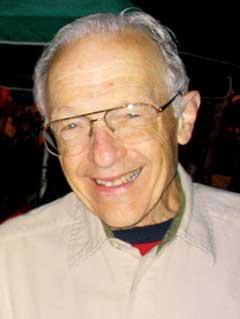
Ray Hyman
Professor emeritus of psychology, University of Oregon, CSI
fellow. Ray is the creator of the Skeptic’s Toolbox and the
developer of the workshop syllabus. At a 2003 conference, he
received CSI’s highest honor with the In Praise of Reason
award. To read more about Ray, please visit
the transcript of James Alcock’s presentation speech, which appeared in the March/April 2004 issue of the
Skeptical Inquirer.
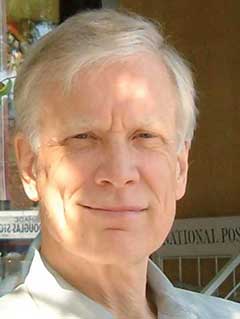
James Alcock
Professor of psychology, York University Toronto, Ontario; CSI
fellow.
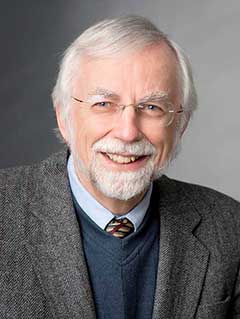
Loren Pankratz
Forensic psychologist, Oregon Health Sciences, University of
Oregon; CSI fellow.

Harriet Hall, MD
Retired family physician and flight surgeon. Writer on the
subjects of quackery, pseudoscience, critical thinking, and
alternative medicine, Dr. Hall is also known as The SkepDoc from
her regular column in Skeptic magazine. She is a
contributing editor to both Skeptic and
Skeptical Inquirer magazines, an editor of the
Science-Based Medicine blog, and an advisor to
Quackwatch. Her website is
www.skepdoc.info.
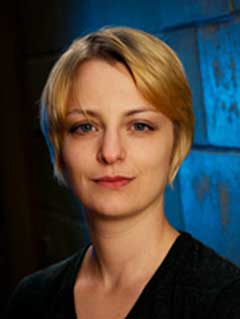
Lindsay Beyerstein
Lindsay Beyerstein is an investigative journalist in Brooklyn, New
York. Her reporting has appeared in Slate,
The Columbia Journalism Review, Newsweek,
Al Jazeera America, The New Republic, and other
publications. Her photography has appeared
The Wall Street Journal, the New York Times'
City Blog, and other outlets. She is the co-host of
Point of Inquiry,
a radio show and podcast produced by the Center for Inquiry. She
is the lead writer at the Sidney Hillman Foundation, a non-profit
dedicated to honoring excellence in socially conscious journalism.
Thursday, August 7
2:00—5:00pm
Registration and Meet and Greet
LLC Performance Hall
7:00—10:00pm
Introduction and Overview
Ray Hyman
Going Back to the Ancient Greek Oracles for Lessons on Coping
with Dubious Claims
Loren Pankratz
Friday, August 8
9:00—10:15am
Two Model Cases: One Positive and One Negative
Ray Hyman
10:45am—12:00pm
Teams will assemble and begin work.
2:00—3:15pm
Lessons from Some Classical Medical Cases
Harriet Hall
3:45—5:00pm
Teams work on assignments.
7:00—10:00pm
Three Model Cases of Pseudoscience
James Alcock
Saturday, August 9
9:00—10:15am
Models of Journalistic Misinformation and Hoaxes
Lindsay Beyerstein
10:45am —12:00pm
Teams continue assignments.
2:00—3:15pm
Plenary Session
Faculty & Participants
3:45—5:00pm
Teams work on assignments.
7:00—10:00pm
Dinner in LLC Performance Hall
“In the Trenches” Award
Magic: Jay Frasier, Ron Friedland, Ray Hyman
Sunday, August 10
9:30—11:30am
Teams make their reports.
University of Oregon is making rooms available in Living Learning Center Residence Hall. Room and board includes Thursday dinner; Friday breakfast, lunch, and dinner; Saturday breakfast, lunch; and Sunday breakfast and lunch. All meals except Saturday dinner will be held in the Carson cafeteria. Saturday dinner in the LLC Performance Hall.
Cafeteria Hours:
Breakfast: 7:00–9:30 am
Lunch: 11:00–2:00 pm
Dinner: 5:00–7:00 pm
Learn more about the history of the Skeptic’s Toolbox.
The Skeptic’s Toolbox 2013 - Using Probabilistically Challenged Minds to Cope with Uncertainty
The Skeptic’s Toolbox 2012 - Evaluating Evidence: Garbage In, Garbage Out